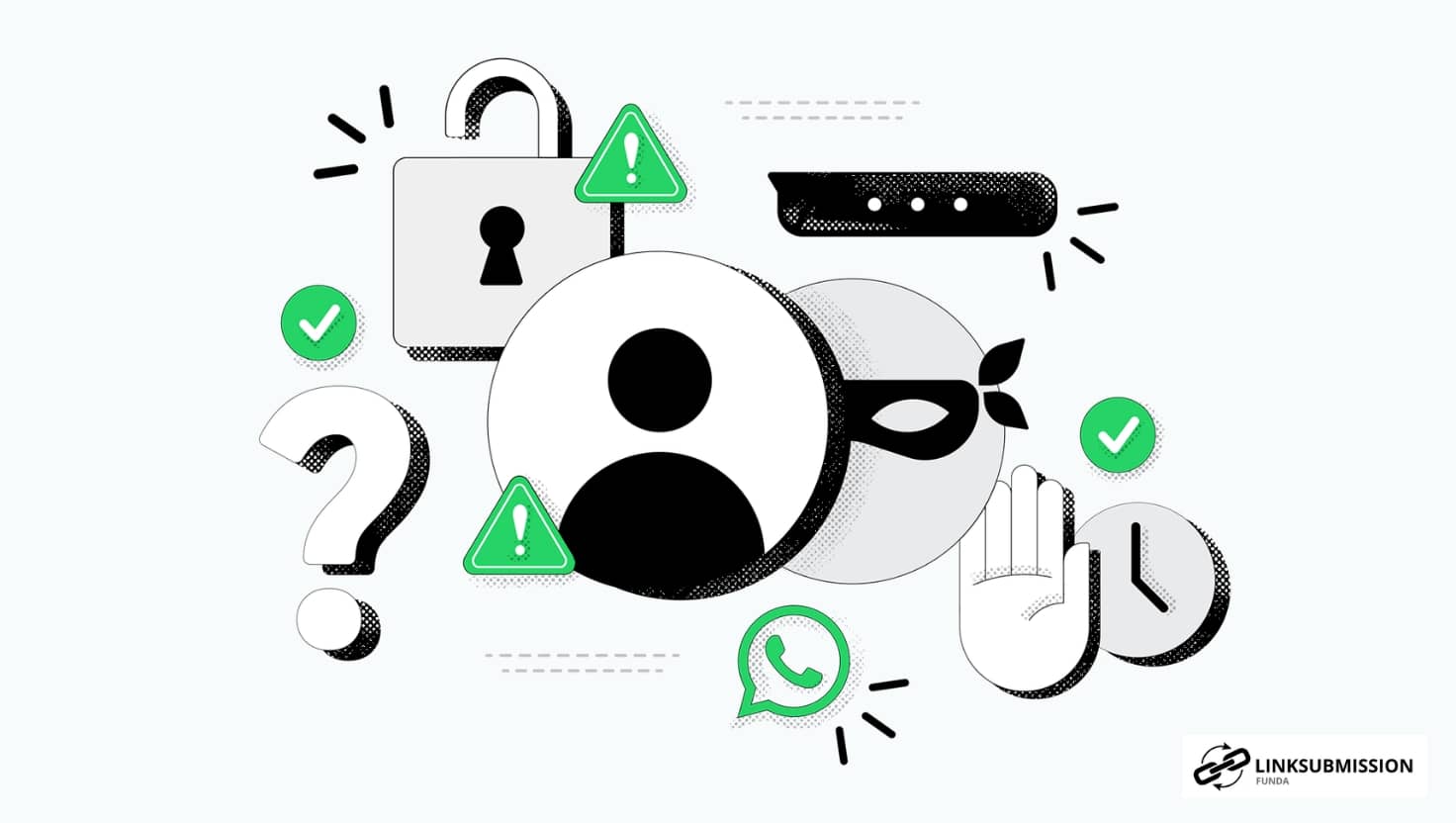In today’s digital world, messaging scams have become increasingly sophisticated, targeting millions of users across platforms. WhatsApp, being one of the most popular communication apps globally, is often a prime target for fraudsters. From phishing links to fake verification messages, these scams can lead to stolen personal data, financial loss, and even identity theft.
To address these growing threats, WhatsApp has recently rolled out new security tools and updates designed to enhance user protection. Coupled with smart usage habits, these features can significantly reduce the risk of falling prey to scams. Here’s a closer look at WhatsApp’s latest safety measures and practical tips to keep your account secure.
1. New WhatsApp Tools to Combat Scams
Account Protect
One of the newest features, Account Protect, adds an extra verification layer whenever you attempt to switch your WhatsApp account to a new device. If someone tries to log in from another phone, you’ll now receive a notification asking for confirmation on your existing device. This prevents hackers from hijacking your account even if they somehow gain access to your verification code.
Device Verification
WhatsApp now uses cryptographic checks to ensure your account remains secure on your current device. This technology helps block malware from stealing authentication information and using it elsewhere. It works silently in the background, giving you protection without any additional effort.
Automatic Security Codes
WhatsApp has introduced a system that verifies encryption codes automatically. Earlier, users had to manually compare security codes to confirm end-to-end encryption with their contacts. With the new feature, WhatsApp verifies these codes automatically, making it easier to ensure conversations are protected from interception.
Two-Step Verification Reminder
While two-step verification isn’t new, WhatsApp now nudges users who haven’t enabled it with timely reminders. This feature requires you to set a six-digit PIN in addition to the regular verification code, making it harder for scammers to take over your account.
2. Practical Tips to Avoid Messaging Scams
Even with advanced features, user awareness plays a critical role in staying safe. Here are some essential tips:
Be Wary of Unsolicited Messages
If you receive unexpected messages offering prizes, discounts, or urgent requests for money, take a moment to verify their authenticity. Scammers often create a sense of urgency to push you into quick action without thinking.
Never Share Your OTP or PIN
No legitimate organization, including WhatsApp, will ever ask for your one-time password (OTP) or PIN. If someone posing as a friend or company representative requests this information, treat it as a red flag and block the contact.
Verify Links Before Clicking
Fake links can look very similar to real websites but might have slight spelling errors or unusual domains. Always double-check links before clicking and avoid entering personal information on unknown sites.
Use WhatsApp’s Block and Report Features
If you suspect someone is trying to scam you, immediately block their number and use the in-app report option. This helps WhatsApp take action against malicious accounts.
Enable Biometric Lock
Adding fingerprint or face ID protection to your WhatsApp app can prevent unauthorized access even if your phone is stolen or compromised.
3. How Businesses Can Stay Secure
Scams don’t just target individuals—business accounts on WhatsApp are often impersonated to defraud customers. Businesses can protect themselves by:
- Verifying their account with an official business badge.
- Using two-step verification to prevent unauthorized access.
- Training staff to recognize scam attempts and phishing links.
- Informing customers to only trust communication from verified accounts.
4. Why Awareness is Key
While WhatsApp’s enhanced tools are a significant step forward, user education remains the strongest defense. Cybercriminals constantly adapt their strategies, from impersonation scams to fraudulent job offers and investment schemes. Staying alert, questioning suspicious messages, and leveraging WhatsApp’s built-in security features can go a long way in protecting your personal information.
Final Thoughts
Messaging scams are not going away anytime soon, but with WhatsApp’s latest security upgrades and some smart online habits, you can drastically minimize the risks. Enable all available security settings, think twice before sharing any sensitive information, and encourage friends and family to do the same. Digital safety is a shared responsibility, and the right mix of technology and awareness is your best defense.





